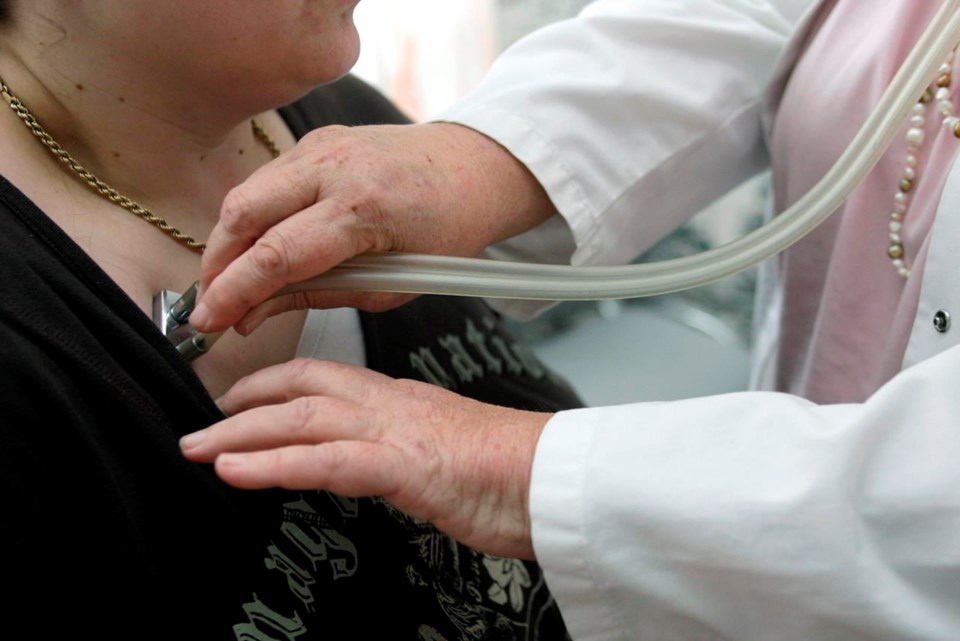EDMONTON — Taboos around menopause, periods and conditions like endometriosis can limit access to knowledge and care, says a report by the Alberta Women's Health Foundation.
The report, "Surveying the Silence: Exploring the Taboos in Women's Health," polled more than 2,200 Albertans who identify as women to understand their top health issues, concerns and experiences.
"Taboos are social customs restricting discussion on specific topics," Sharlene Rutherford, president and CEO of the foundation, said during a news conference about the report Wednesday.
"They create a culture of silence, it limits access to knowledge and care, and taboos can harm an individual's health, an individual's mental health and their well-being.
"Taboos perpetuate discrimination, they perpetuate negative stereotypes, they can be isolating and they can contribute to inequities."
Survey respondents reported an average of five pelvic health issues, including painful periods, pelvic floor dysfunction and regular yeast infections.
About two-thirds found it difficult to talk to their primary health-care providers about their concerns and only a quarter felt "very knowledgeable" about their gynecological and reproductive health.
The survey also found delays in treatment were common, with 85 per cent of women who had a more complicated diagnosis, such as endometriosis, reporting a wait.
Keeping women's health issues taboo, said the report, plays a role in the disparity of care and lack of research on the topics.
Dr. Sandra Davidge, executive director of the Women and Children's Health Research Institute, said the report provides critical insight into many issues affecting women's health.
"Research with a specific focus on women's health has been neglected far too long," she said. "Right now, less than 10 per cent of federal funding from Canadian health research funding is dedicated to women's health."
Davidge said, however, that funding from the Alberta Women's Health Foundation has led to important research that helps women.
"Research is a continuous cycle where knowledge moves from the laboratory to the bedside to the community and back, and we can see with this report that there are gaps in that," she said. "This report does provide that ample evidence of the culture of silence around some of the women's health issues."
As an example, Davidge said menopause affects 50 per cent of the population — women — but there's a gap in both care and research in the area.
Some researchers, she said, are currently working to overcome the stigma associated with menopause by supporting women who have severe symptoms.
This report by The Canadian Press was first published Feb. 1, 2023.
— By Colette Derworiz in Calgary
The Canadian Press



